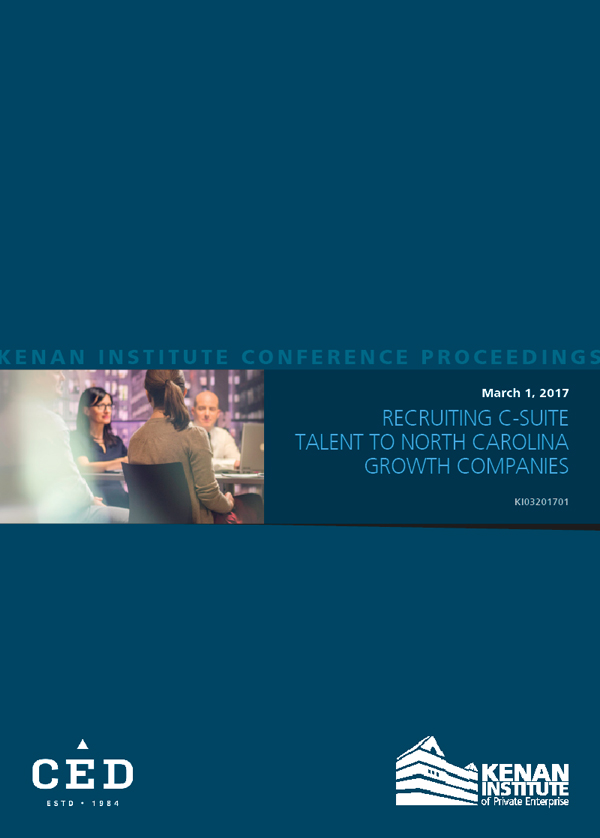
We measure the racial/ethnic densities (RAEDs) of executives in a random sample of 523 US publicly traded companies and the S&P 500®. When we calibrate the RAEDs of executives as a whole against the RAEDs of the 2019 US population, we find that American Indians/Alaska Natives, Blacks and Hispanics are underrepresented and Whites are overrepresented. However, when we calibrate executive RAEDs against a benchmark that seeks to take into account key features of the demand for and supply of proto-executive talent, namely the RAEDs of the cohorts of students graduating with a bachelor’s degree from the broad New York Times 2017 list of the top 100 US four-year colleges and universities, matched to executives’ BA/BS graduation years, mostly different and at times opposite findings obtain.

Little is known about how TMT members affect a founder-led firm’s performance later in a firm’s life. Using novel methods and a sample of over 2,000 firms, we find that although team structure has a significant impact on the performance of non-founder-led firms (consistent with past literature), it has little to no effect on the operating performance of founder-led firms, suggesting that founder CEOs may exert too much control.
On September 30, 2018, California became the first U.S. state to set quotas for women directors on corporate boards. The passage of this law resulted in a significant decline in shareholder value for firms headquartered in California. The decline in shareholder value is directly related to the number of female directors that firms are required to add under these quotas.
We use changes in real estate prices to study the sensitivity of CEO compensation to luck and to responses to luck. Pay for luck can be optimal when CEOs are expected to react to luck.

Bank CEO Materialism, Corporate Culture and Risk
Focusing on a key CEO characteristic, materialism, we investigate how the prevalence of materialistic CEOs in the banking sector has evolved over time, and how risk management policies, the behavior of non-CEO executives and bank tail risk vary with CEO materialism.
Using hand-collected data on succession planning disclosures, we study how having a formal succession plan affects the efficiency of CEO turnovers. We find that firms with succession plans have a lower likelihood of forced CEO turnovers and non-CEO executive team resignations.

CFO Narcissism and Financial Reporting Quality
We investigate the effect of CFO narcissism, as measured by signature size, on financial reporting quality. Experimentally, we validate that narcissism predicts misreporting behavior, and that signature size predicts misreporting through its association with narcissism.
An influential group of private sector leaders, university administrators, and government officials gathered at the Raleigh Convention Center on March 1st to craft actionable strategies to help the Research Triangle region attract and retain “C-Suite” talent to emerging high-growth companies in North Carolina.
We find evidence of systematic optimism and pessimism among credit analysts, comparing contemporaneous ratings of the same firm across rating agencies. These differences in perspectives carry through to debt prices and negatively predict future changes in credit spreads, consistent with mispricing. Moreover, the pricing effects are the largest among firms that are the most opaque, likely exacerbating financing constraints.
Recognizing the importance of the person who occupies the chief marketing officer (CMO) position, we posit that a CMO’s managerial capital, as signaled by his or her education, origin, and experience, indicates what a new CMO can bring to the table.

The Chief Marketing Officer Matters!
Marketing academics and practitioners alike remain unconvinced about the chief marketing officer's (CMO's) performance implications. Whereas some studies propose that firms benefit financially from having a CMO in the C-suite, other studies conclude that the CMO has little or no effect on firm performance.
Academics, politicians, and journalists are often highly critical of U.S. firms for holding too much cash. Cash holdings are stockpiled free-cash flow and incur substantial opportunity costs from the perspectives of economics. However, behavioral theory highlights the benefits of cash holdings as fungible slack resources facilitating adaptive advantages.

